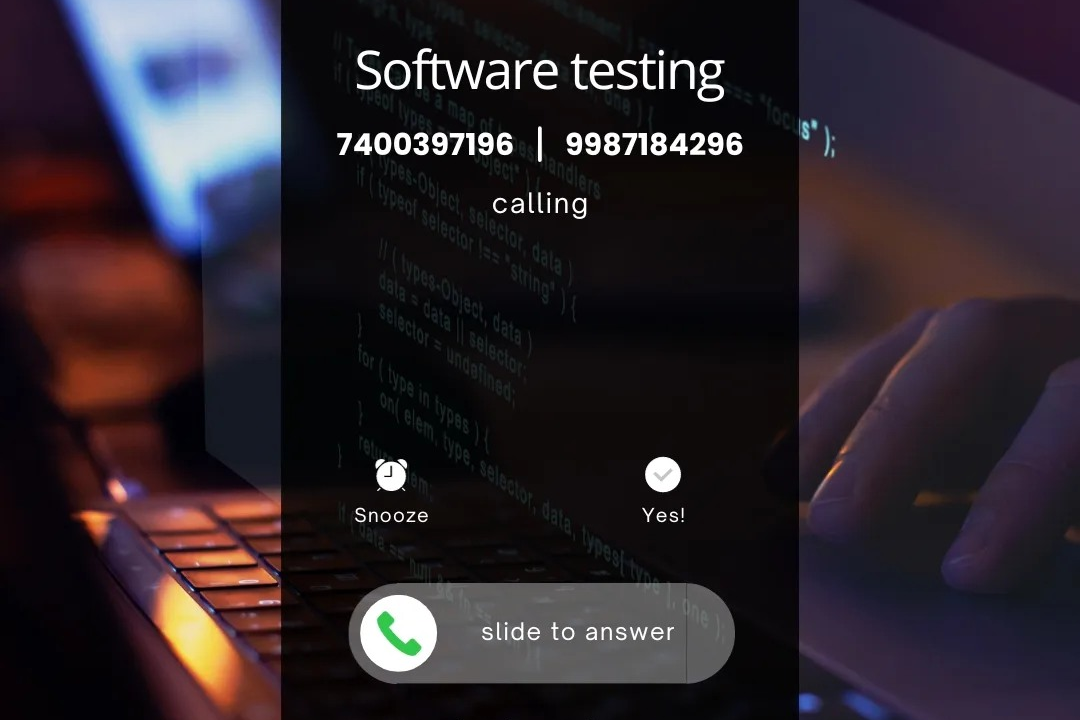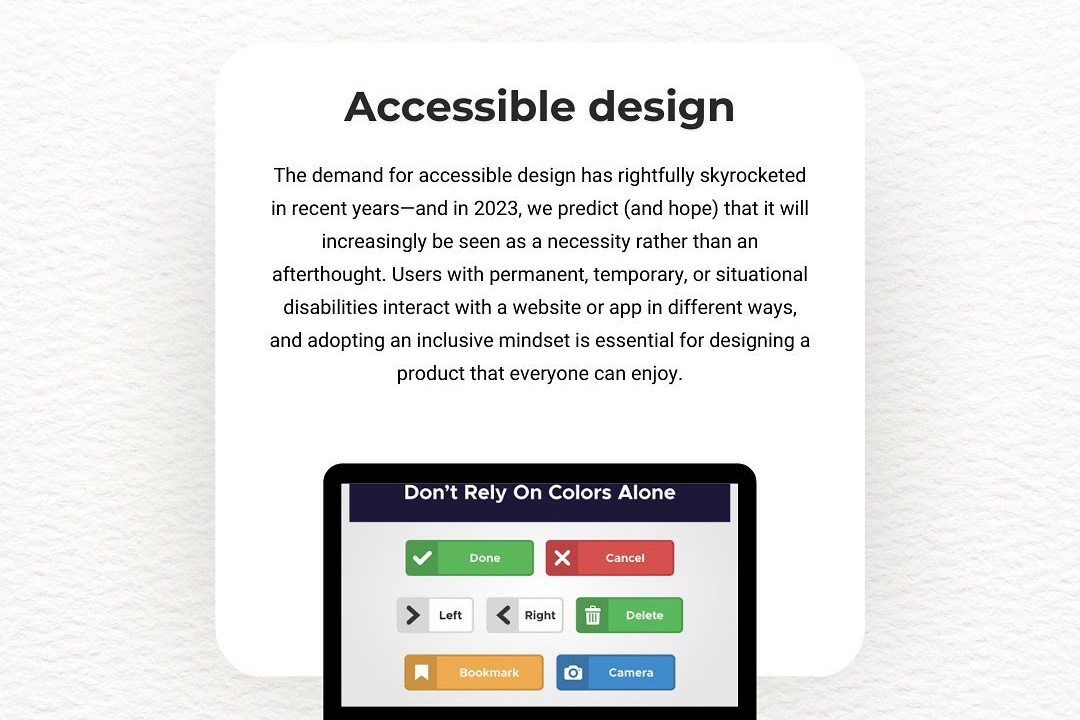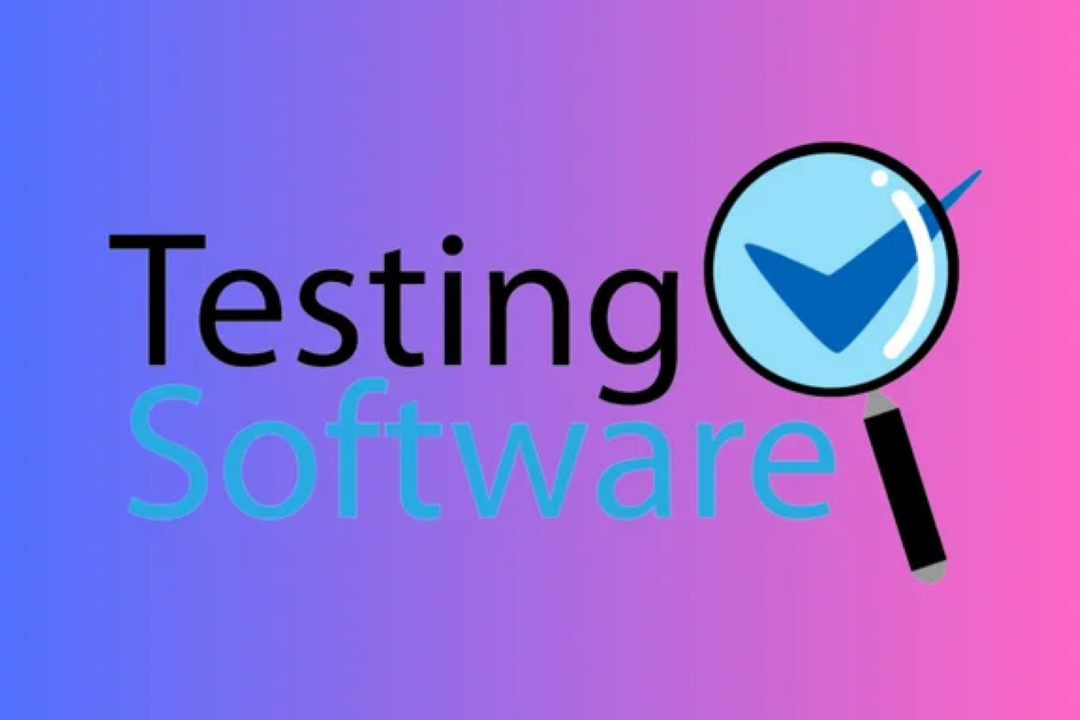APPium INTERVIEW FAQS
Appium interview FAQs refer to the common questions and topics that candidates may encounter during
APPium INTERVIEW FAQS
Appium interview FAQs are essential for candidates preparing for roles in mobile application testing, as they provide a comprehensive overview of the key concepts and practical skills related to using Appium for automated testing. Familiarity with these FAQs equips candidates to confidently discuss their knowledge of Appium’s architecture, setup, and scripting for both native and hybrid applications. By understanding common interview questions and topics, candidates can demonstrate their competence and problem-solving abilities, making them more competitive in the job market and better prepared to meet the challenges of mobile testing in a rapidly evolving technological landscape.
To Download Our Brochure: https://www.justacademy.co/download-brochure-for-free
Message us for more information: +91 9987184296
Appium interview FAQs are essential for candidates preparing for roles in mobile application testing, as they provide a comprehensive overview of the key concepts and practical skills related to using Appium for automated testing. Familiarity with these FAQs equips candidates to confidently discuss their knowledge of Appium’s architecture, setup, and scripting for both native and hybrid applications. By understanding common interview questions and topics, candidates can demonstrate their competence and problem solving abilities, making them more competitive in the job market and better prepared to meet the challenges of mobile testing in a rapidly evolving technological landscape.
Course Overview
The “Appium Interview FAQs” course is designed to equip participants with the essential knowledge and practical skills required to excel in mobile application testing interviews. This course covers a wide range of topics, including Appium’s architecture, setup processes, and best practices for scripting automated tests for both native and hybrid applications. Through a series of commonly asked interview questions and hands-on projects, learners will gain insight into real-world challenges and solutions, enhancing their confidence and performance in technical interviews. By the end of the course, participants will be well-prepared to articulate their expertise in Appium and tackle any challenging mobile testing scenarios they may encounter in their careers.
Course Description
The “Appium Interview FAQs” course is meticulously crafted to help aspiring testers and developers master the core concepts and practical applications of Appium for mobile application testing. This course provides an in-depth exploration of frequently asked interview questions, covering topics such as Appium's architecture, environment setup, and automated testing techniques for both native and hybrid applications. Participants will engage in real-time projects that reflect industry-standard practices, enhancing their problem-solving skills and technical prowess. By the end of the course, learners will be equipped with the confidence and knowledge needed to excel in technical interviews and successfully navigate the dynamic landscape of mobile testing.
Key Features
1 - Comprehensive Tool Coverage: Provides hands-on training with a range of industry-standard testing tools, including Selenium, JIRA, LoadRunner, and TestRail.
2) Practical Exercises: Features real-world exercises and case studies to apply tools in various testing scenarios.
3) Interactive Learning: Includes interactive sessions with industry experts for personalized feedback and guidance.
4) Detailed Tutorials: Offers extensive tutorials and documentation on tool functionalities and best practices.
5) Advanced Techniques: Covers both fundamental and advanced techniques for using testing tools effectively.
6) Data Visualization: Integrates tools for visualizing test metrics and results, enhancing data interpretation and decision-making.
7) Tool Integration: Teaches how to integrate testing tools into the software development lifecycle for streamlined workflows.
8) Project-Based Learning: Focuses on project-based learning to build practical skills and create a portfolio of completed tasks.
9) Career Support: Provides resources and support for applying learned skills to real-world job scenarios, including resume building and interview preparation.
10) Up-to-Date Content: Ensures that course materials reflect the latest industry standards and tool updates.
Benefits of taking our course
Functional Tools
1 - Appium: Appium is the central tool used in the course, serving as an open source mobile application testing framework. It enables testers to automate mobile app testing on both Android and iOS platforms using a single API. The course provides hands on experience with Appium’s extensive features, such as support for various programming languages and testing frameworks. Students will learn how to set up Appium, write test scripts, and execute them on real devices and emulators. This practical knowledge is essential for anyone looking to become proficient in mobile application testing.
2) Selenium: As a widely recognized web testing framework, Selenium is crucial for understanding browser automation prior to diving into mobile testing with Appium. The course covers how Selenium integrates with Appium, empowering students to leverage their existing knowledge of web testing while applying it to mobile environments. Students gain insight into customizing their test scripts for different mobile contexts and managing browser sessions efficiently, providing a solid foundation for comprehensive testing strategies.
3) TestNG: This testing framework is an integral part of the Appium ecosystem, offering functionality for test configuration, grouping, and reporting. The course highlights the usage of TestNG for structuring test cases and parallel execution, which enhances testing efficiency and organization. Students will learn how to implement TestNG annotations in their Appium test scripts, facilitating better management of test suites and the generation of useful reports. Mastering TestNG equips learners with the skills to manage complex testing scenarios effectively.
4) WebDriver: At the core of the Appium architecture, WebDriver plays a vital role in enabling communication between the automation scripts and mobile applications. The course explains how WebDriver's API interacts with both Appium and mobile devices. Students will engage in practical exercises that involve using WebDriver commands to control mobile applications, demonstrating an understanding of how to initiate actions, retrieve elements, and validate test conditions while automating mobile tests.
5) Appium Inspector: This graphical tool is invaluable for inspecting elements within mobile applications, allowing students to understand the app's UI structure better. Throughout the course, learners will use Appium Inspector to locate and identify various UI components while generating the required XPath or locator strategies for their test scripts. This hands on experience helps students build precise automation scripts, preparing them for real world application testing where accurately targeting UI elements is crucial.
6) Emulators and Simulators: The course incorporates training on various emulators and simulators, essential for testing mobile applications in a controlled environment. Students will explore popular options like Android Virtual Device (AVD) and iOS Simulator, which facilitate testing on different devices without the need for physical hardware. Participants will learn how to configure these tools, execute tests, and troubleshoot issues that may arise in simulated environments, ensuring they can effectively validate app functionality across multiple platforms and devices.
Here are additional key topics and tools that can be included in the course content for mobile application testing with Appium:
7) Device Farms: Understanding the concept of cloud based testing services like BrowserStack and Sauce Labs is vital for real world mobile testing scenarios. The course will introduce students to these platforms, explaining how they provide access to a wide range of real devices for testing. By utilizing device farms, learners can test their applications on numerous configurations, ensuring broader compatibility and identifying device specific issues that might not surface in local testing environments.
8) Real Device Testing: In addition to emulators and simulators, the course emphasizes the importance of testing on actual devices. Students will gain insights into how to set up and connect real devices for testing, learn the advantages of this method, and understand the limitations of emulation. Practical sessions will entail performing tests on real mobile devices, familiarizing students with device specific behaviors and performance metrics that simulations may miss.
9) Continuous Integration (CI) and Continuous Deployment (CD): The course will cover the integration of Appium tests within CI/CD pipelines using tools such as Jenkins, CircleCI, or GitLab CI. Participants will learn how to automate their testing processes, allowing for seamless deployment and quality assurance. By understanding how to set up automated test runs whenever code changes occur, students will be equipped to contribute to faster development cycles while maintaining high quality standards.
10) Mobile Testing Best Practices: To ensure effective testing, the course will address best practices for mobile application testing such as writing maintainable test scripts, effective test data management, and minimizing test flakiness. Students will learn strategies to optimize test execution time, ensure thorough test coverage, and maintain the reliability of their test suites, all of which are essential for delivering robust applications.
11 - Performance Testing: Understanding how to assess mobile application performance is also a crucial aspect of the course. Topics will include using tools like Appium for performance monitoring, as well as integrating with performance testing frameworks that help evaluate app speed, responsiveness, and resource consumption. Learning to identify performance bottlenecks equips students with the skills to enhance the user experience.
12) Debugging and Troubleshooting: The course will provide insights into effective debugging techniques specific to mobile applications. Topics will cover identifying and resolving common issues encountered during automation, as well as strategies for logging and reporting errors. Students will engage in practical exercises focusing on how to analyze logs, resolve failures, and improve their automated test scripts based on troubleshooting outcomes.
13) API Testing: With many mobile applications relying on back end APIs, knowledge of API testing is vital. The course will cover how to test the APIs that mobile applications interact with, using tools like Postman or RestAssured alongside Appium. Students will learn how to perform API calls, validate responses, and ensure that the application functions as intended when communicating with its server.
14) Cross Platform Testing: Since many applications need to function seamlessly across different platforms, the course will address strategies for cross platform mobile testing using Appium. Learners will explore techniques to write tests that cater to both Android and iOS platforms, emphasizing how to overcome common challenges like platform specific UI differences and OS level variations.
15) Reporting and Analytics: A significant component of successful testing is the ability to generate clear reports on test results and analytics. The course will introduce students to reporting tools and methodologies, teaching them how to create detailed reports that not only summarize test outcomes but also offer insights into test coverage, defect density, and overall application quality. Different reporting frameworks and visualization tools will be discussed to enhance understanding.
By integrating these expanded topics into the course curriculum, JustAcademy will provide a comprehensive learning experience that prepares participants for real world scenarios in mobile application testing with Appium.
Browse our course links : https://www.justacademy.co/all-courses
To Join our FREE DEMO Session:
This information is sourced from JustAcademy
Contact Info:
Roshan Chaturvedi
Message us on Whatsapp: +91 9987184296
Email id: info@justacademy.co











